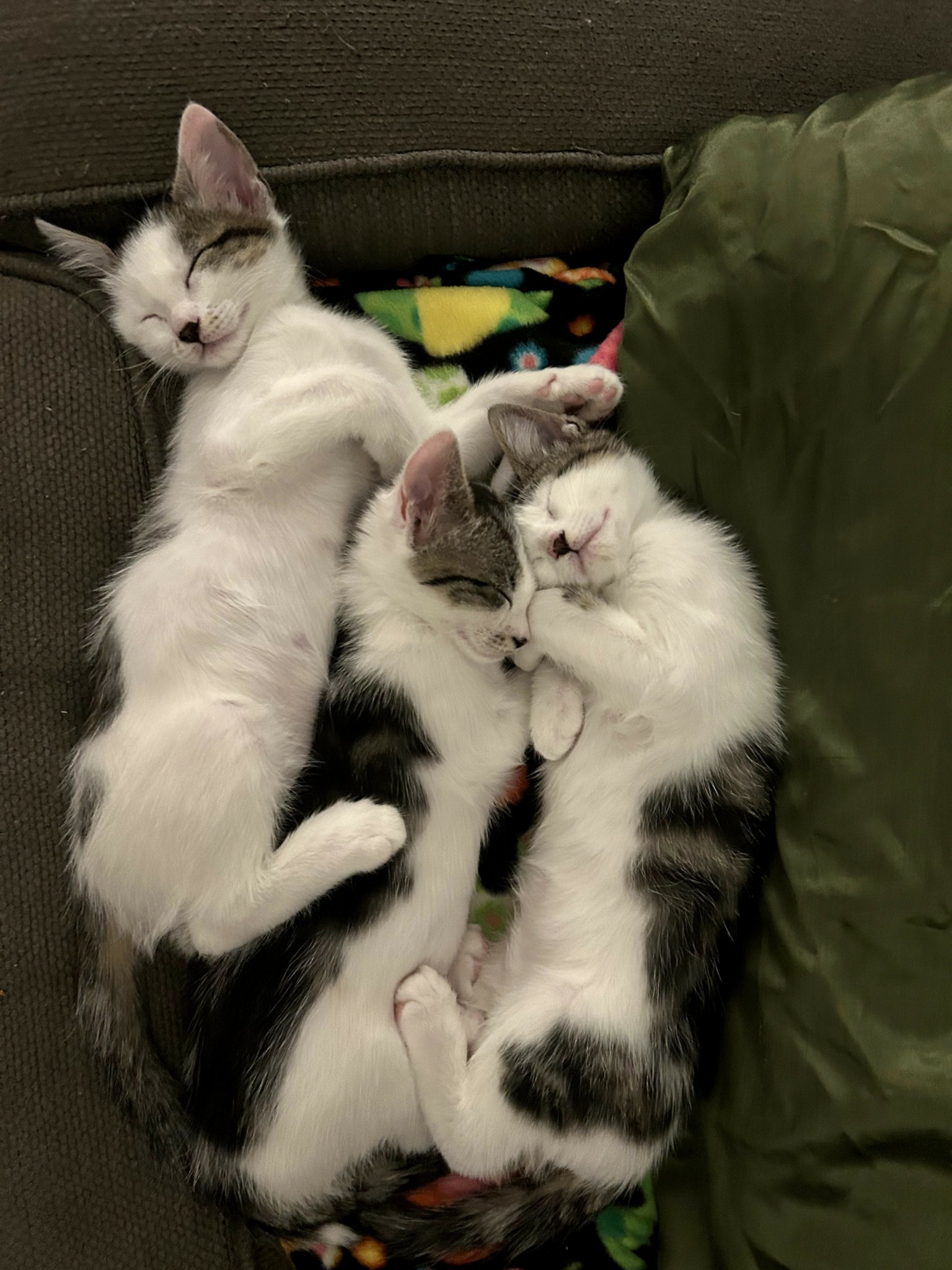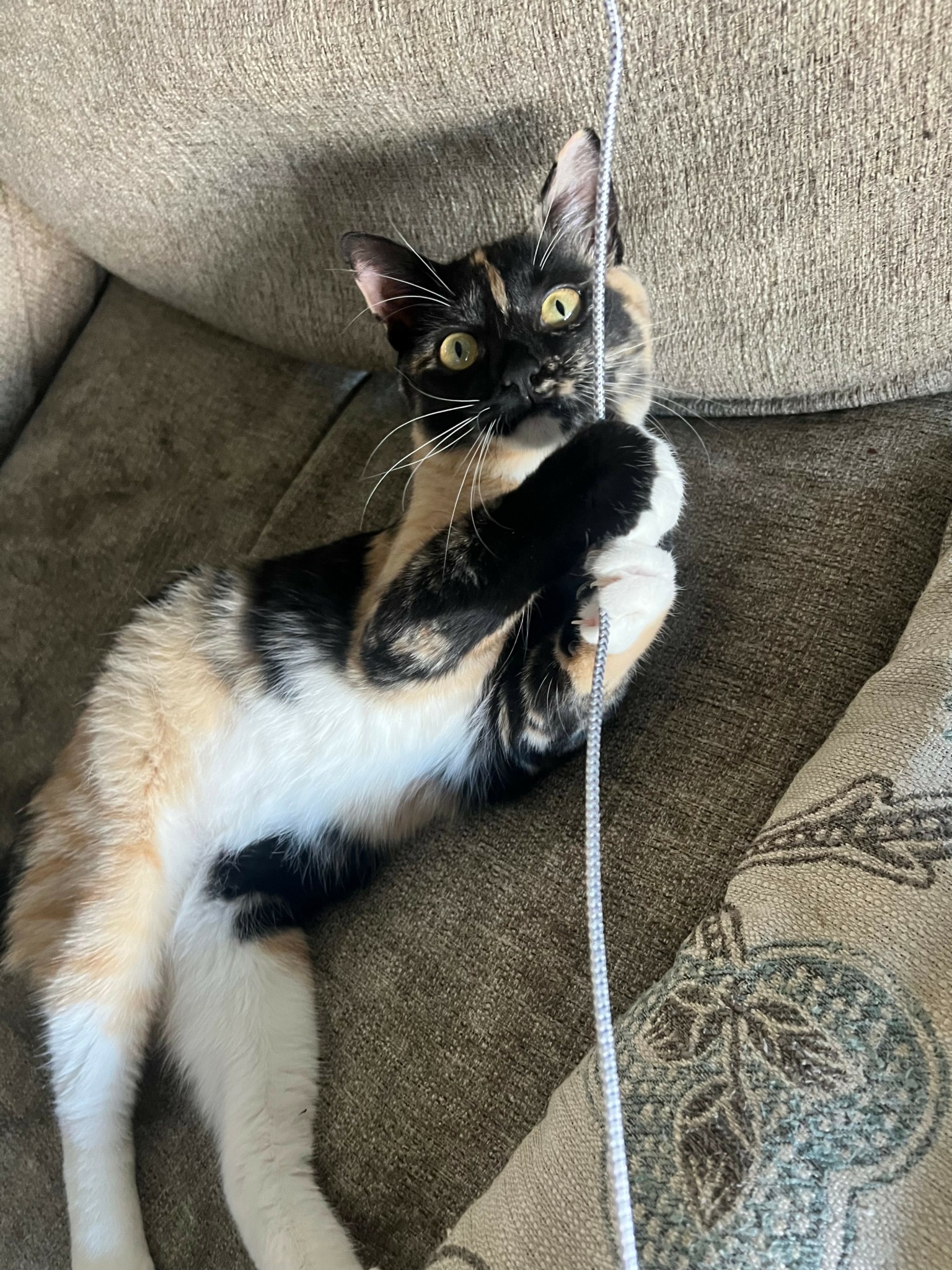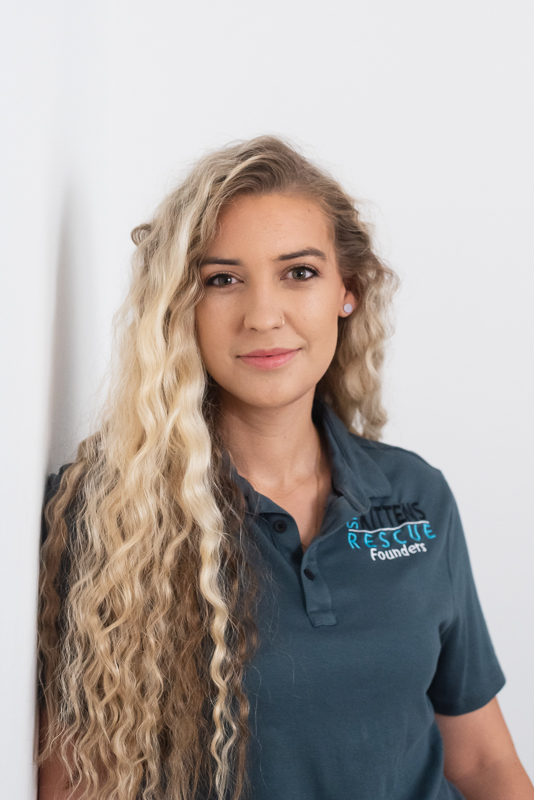We’re excited to introduce you to the always interesting and insightful Dr. Mallori Girard. We hope you’ll enjoy our conversation with Dr. Mallori below.
Hi Dr. Mallori, thanks for joining us today. What’s the backstory behind how you came up with the idea for your business?
Six Kittens Rescue wasn’t something we planned — it was something that happened because there was a severe need and no one else to call.
I had always been active in rescue work back home in Dallas, Texas. My passion there was pit bulls. I’ve always had an intense love for the breed, and in Dallas, they desperately needed help. I even had my life all mapped out — I was going to go to vet school, open a clinic with a boarding and daycare facility, and have a shelter component called Bullies Need Love, Too.
Then I met my wife, Jai, and found my way to Bryan/College Station, Texas.
The first kitten we rescued was named Cado. We were stopping by a local meat market, La Michoacana, for their incredible avocado salsa when I noticed a huge colony of cats behind the building. I asked Jai, then my girlfriend, to stop so I could see if I could catch one. Cado was incredibly sick — he just fell over when I approached him. We got him into the clinic Jai used, and after some care, we found him a home.
Not long after, I started working at that same clinic. I’d bring home kittens, get them vetted, and find them homes. Then we’d do the same with kittens found on the street — bring them home, get them care, find them homes. There was no money coming in… just a lot going out.
At the time, Jai and I were bartending at a local club to help pay for grad school when one of our regulars said, “Y’all do stuff with cats, right?” We laughed and said, “No, but how can we help?” He told us the story that we’ve now heard hundreds of times — his mom had started feeding a couple of stray cats, and now she had a full-blown colony.
We went out there the next day. We were able to catch six kittens and trap the adults to get them fixed.
Sitting in our duplex living room with those six kittens in our laps, I looked at Jai and said, “We don’t have to do this alone.”
That was the moment Six Kittens Rescue was born.
What started as one litter in our living room quickly grew into a network of fosters, veterinary partners, and volunteers. As we connected with others facing the same heartbreaking gaps, we realized the problem wasn’t just about space — it was about structure. There was no sustainable system for supporting neonatal kittens from intake through adoption, nor one that closed the loop on the adult cats producing those litters.
That’s how our Full-Circle Philosophy took shape — tying together TNR (trap-neuter-return) for community cats, neonatal care for kittens who can’t survive on their own, and structured foster-to-adoption pathways that prepare each kitten for a lifelong home. We weren’t just saving kittens; we were solving for the source of the problem while nurturing a volunteer community built on compassion, education, and accountability.
The logic came from the data — shelters euthanize thousands of kittens every year simply because they require around-the-clock care. The passion came from the 2 a.m. feedings, the weight charts taped to the fridge, and the first purrs of a once-fading kitten who finally started to thrive.
I knew it was a worthwhile endeavor when people began reaching out not just to surrender kittens, but to learn, to help, and to be part of the change.
What got me most excited was realizing that rescue doesn’t have to be reactive — it can be proactive, innovative, and community-driven.
Six Kittens Rescue began with a single litter — but it became a movement built on the belief that saving tiny lives creates big change.
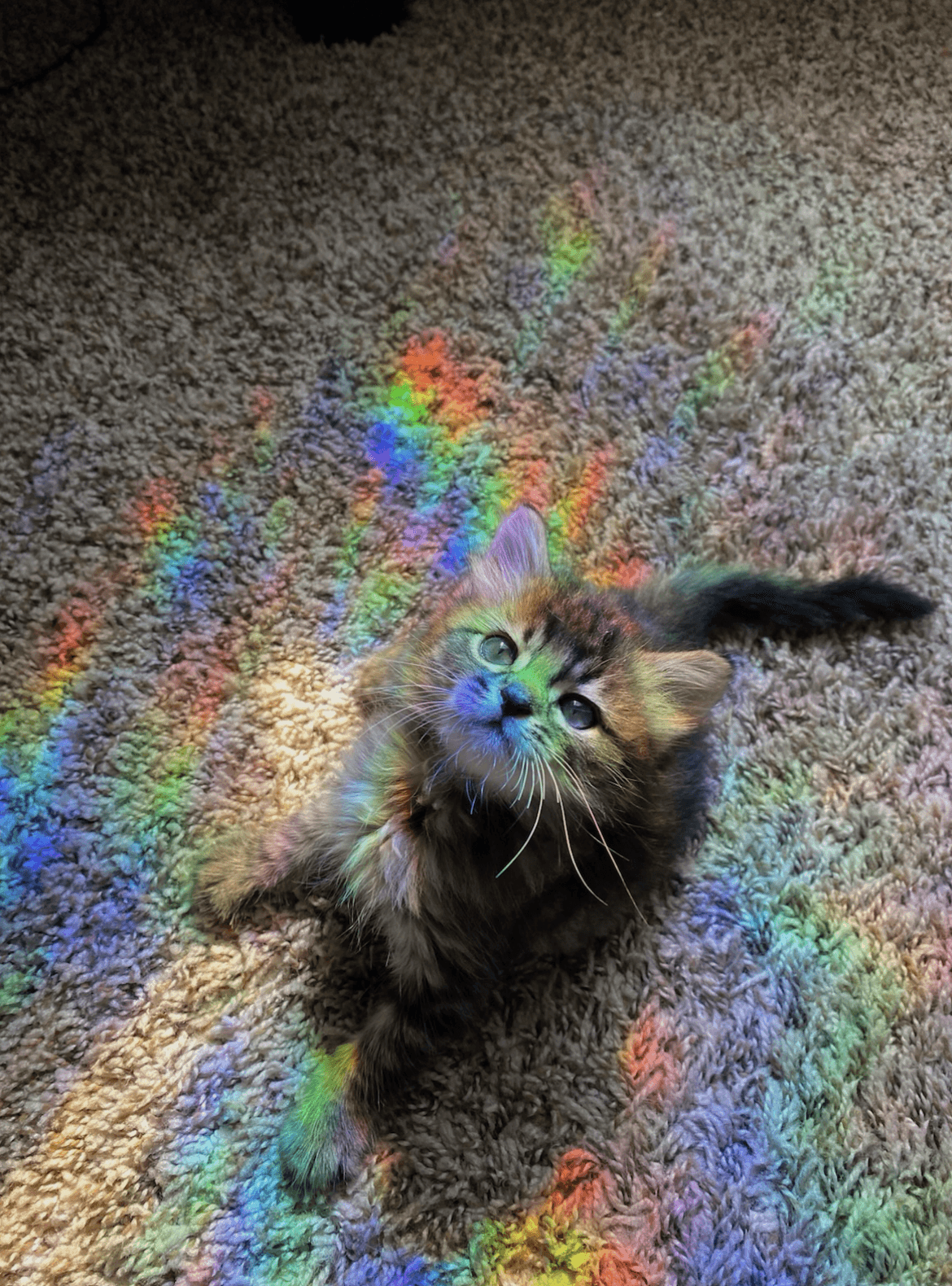
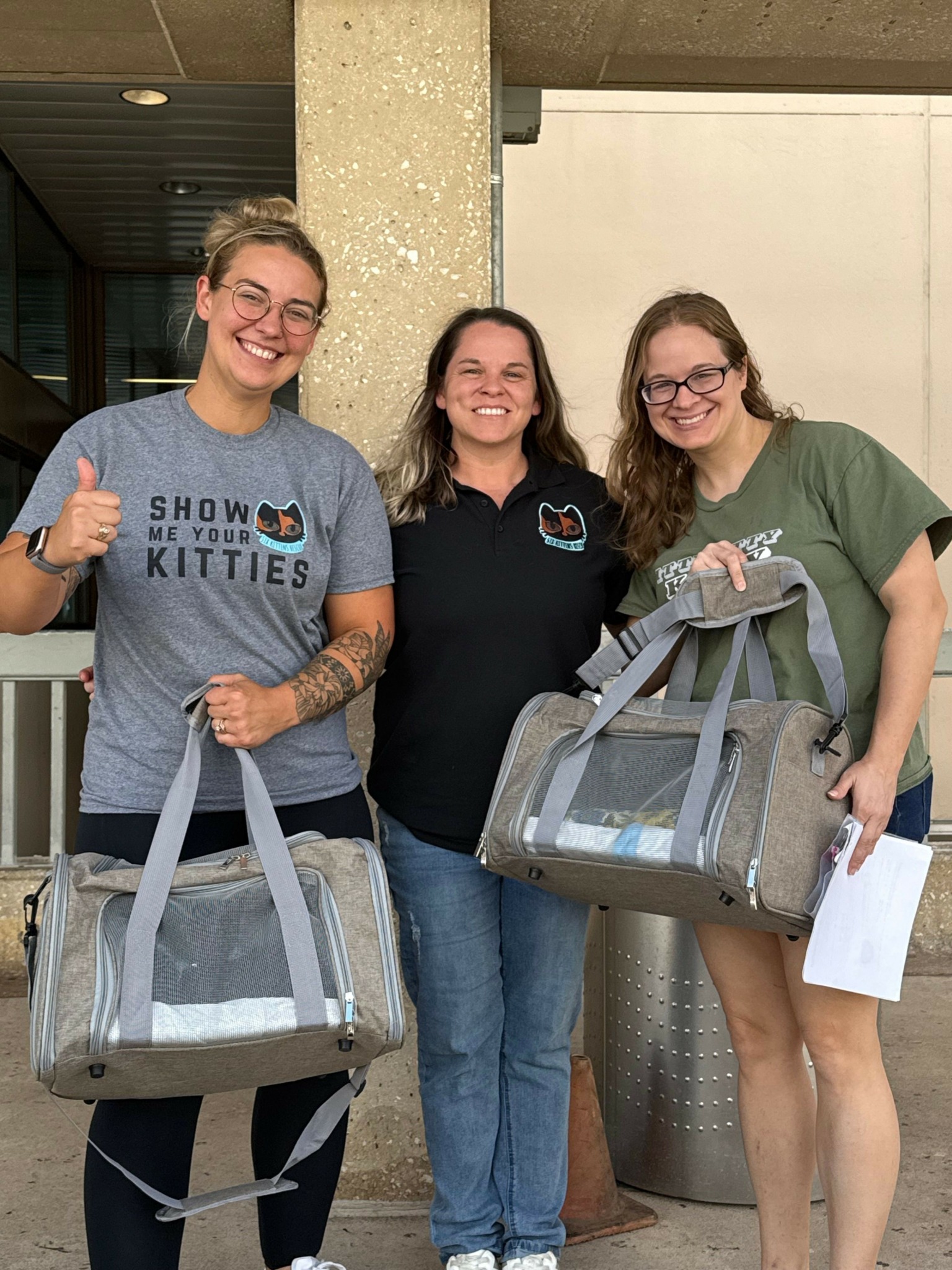
Dr. Mallori, before we move on to more of these sorts of questions, can you take some time to bring our readers up to speed on you and what you do?
Six Kittens Rescue began as a small act of compassion that grew into a community-driven organization changing the way people think about rescue work. My wife, Jai, and I founded SKR while we were both finishing our PhDs at Texas A&M University — balancing dissertations by day and bottle-feeding newborn kittens by night. What started as saving one sick kitten on the side of the road evolved into a structured, science-informed approach to rescue that blends education, gold-standard veterinary care, and community empowerment.
I’ve always been deeply involved in animal welfare. My early rescue work in Dallas focused on pit bulls — a misunderstood breed that needed advocacy, structure, and empathy. When I moved to Bryan/College Station, I quickly saw that the same gaps existed for neonatal kittens. Shelters were overwhelmed, and kittens requiring around-the-clock care often didn’t survive. There wasn’t a safety net — so we built one.
Six Kittens Rescue provides “Full-Circle Care,” a model that combines TNR (trap-neuter-return) for adult community cats, neonatal and critical-care fostering for kittens, and foster-to-adoption support that ensures lifelong placement success. But beyond helping the animals, we focus on helping the people who love them — from guiding families on bottle-feeding or managing a colony, to mentoring new fosters, to connecting community members with veterinary partners and educational tools.
What sets us apart is our commitment to education and empowerment. We don’t just take in animals; we teach others how to make lasting change. Every protocol, training guide, and decision is grounded in research and best practices. We approach rescue like we approach science — with structure, data, and compassion.
We’re also proud to be powered by an incredible all-woman board — a team of PhDs, DVMs, engineers, and other dedicated professionals who bring unmatched expertise and heart to our mission. Together, we’ve built a rescue that reflects our shared values: community care, transparency, and a refusal to cut corners when it comes to animal welfare.
What I’m most proud of is that we’ve stayed true to those values from day one. We didn’t compromise on the quality of care or the belief that education changes everything — even when it meant late nights, personal sacrifices, and a steep learning curve.
Six Kittens Rescue isn’t just about saving kittens; it’s about creating a community of problem solvers who care deeply for both animals and people. The cats brought us together, but the community keeps us going.
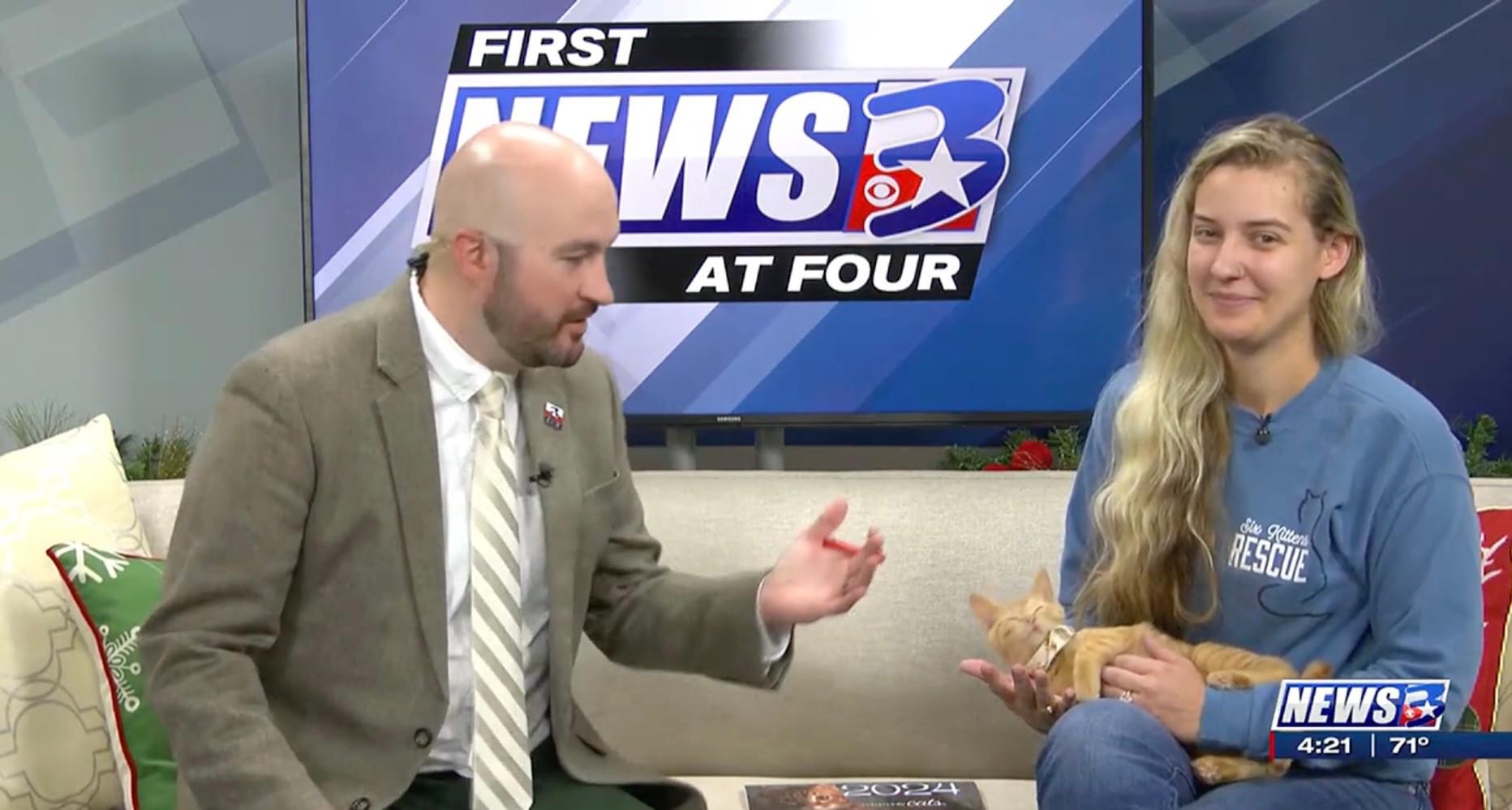
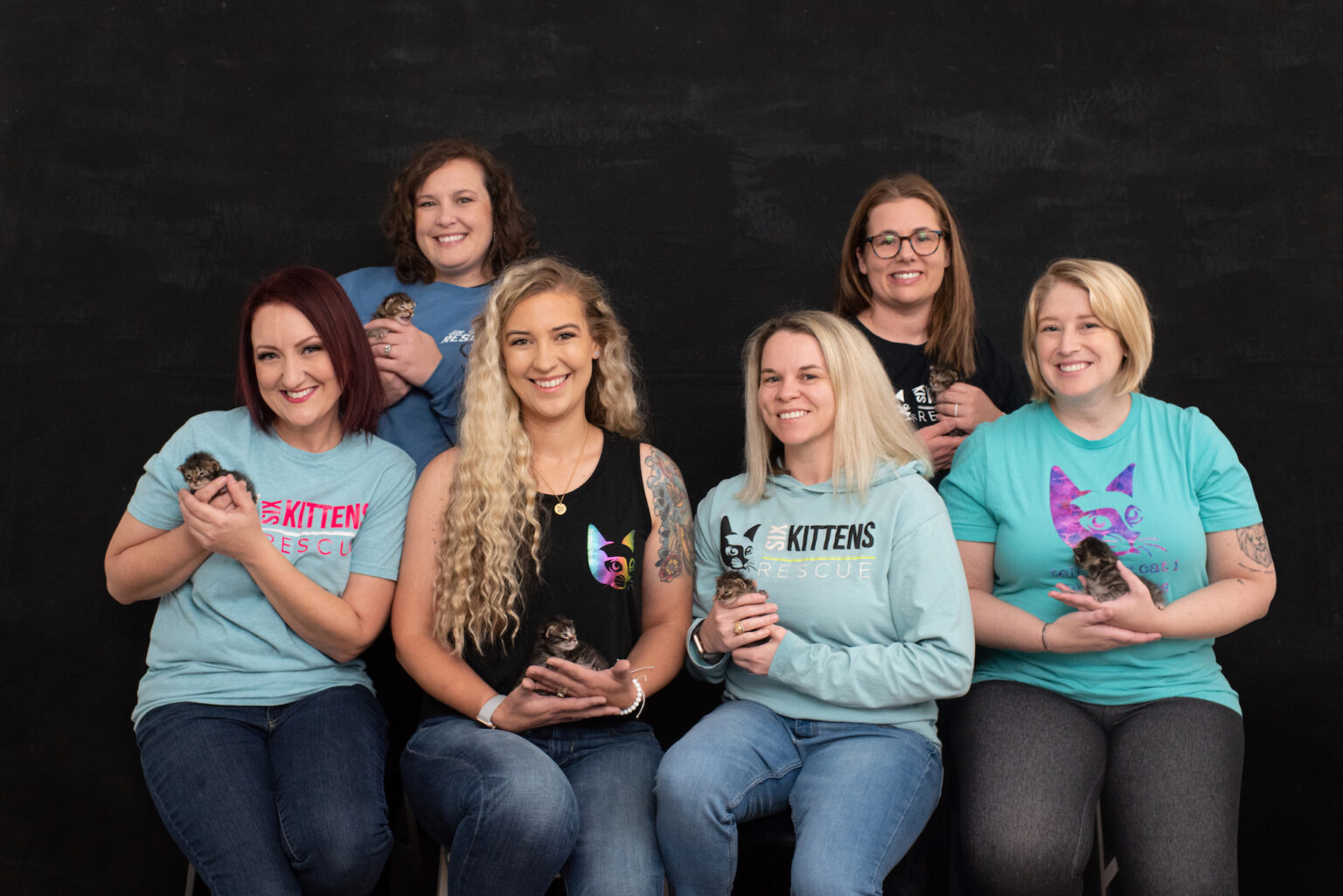
Can you open up about a time when you had a really close call with the business?
For us, the “near-death moment” wasn’t financial — it was emotional and operational. When my wife Jai and I relocated from Texas to Richmond, Virginia, we faced one of the hardest decisions we’ve ever made: whether or not to keep Six Kittens Rescue going.
We are entirely volunteer-operated — no paid staff, no full-time directors — and suddenly, the two people who built the foundation of the rescue were moving over a thousand miles away. We knew what we were asking of our team back home was enormous. Running a rescue is deeply personal work; it requires late nights, tough decisions, and emotional resilience. And the truth is, no one loves your baby like you love your baby.
There was a point where we truly considered closing. We didn’t want to burn out the incredible volunteers who had been by our side from the beginning. But what kept us going was the community — the fosters who stepped up without hesitation, the vet partners who continued to support our mission, and the new faces who were eager to learn and carry the torch forward.
We’re still learning how to operate efficiently from a distance, and it’s hard not being able to jump in for hands-on care or in-person support when emergencies happen. But the beauty of this transition is that it’s forced us to grow into a stronger, more sustainable organization.
Today, we have an incredible and expanding team in Texas — including young students who aspire to attend vet school. We’re honored to mentor them, helping them build both the technical and soft skills that will serve them in their future careers. Watching them find purpose in this work has made the distance worth it.
That move could have been the end of Six Kittens Rescue — but instead, it became the start of a new chapter. One built on trust, teamwork, and the realization that our mission is much bigger than where we live.
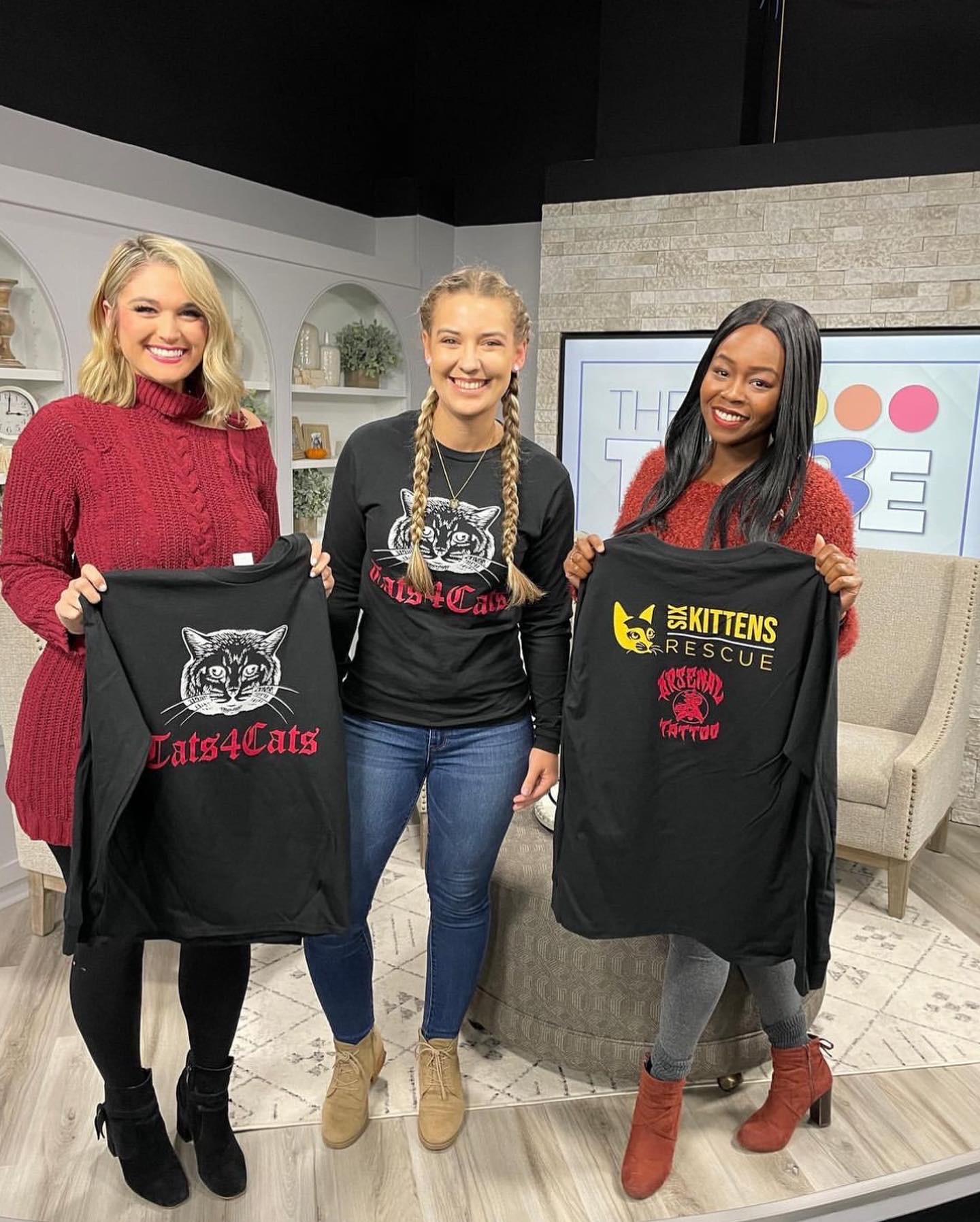
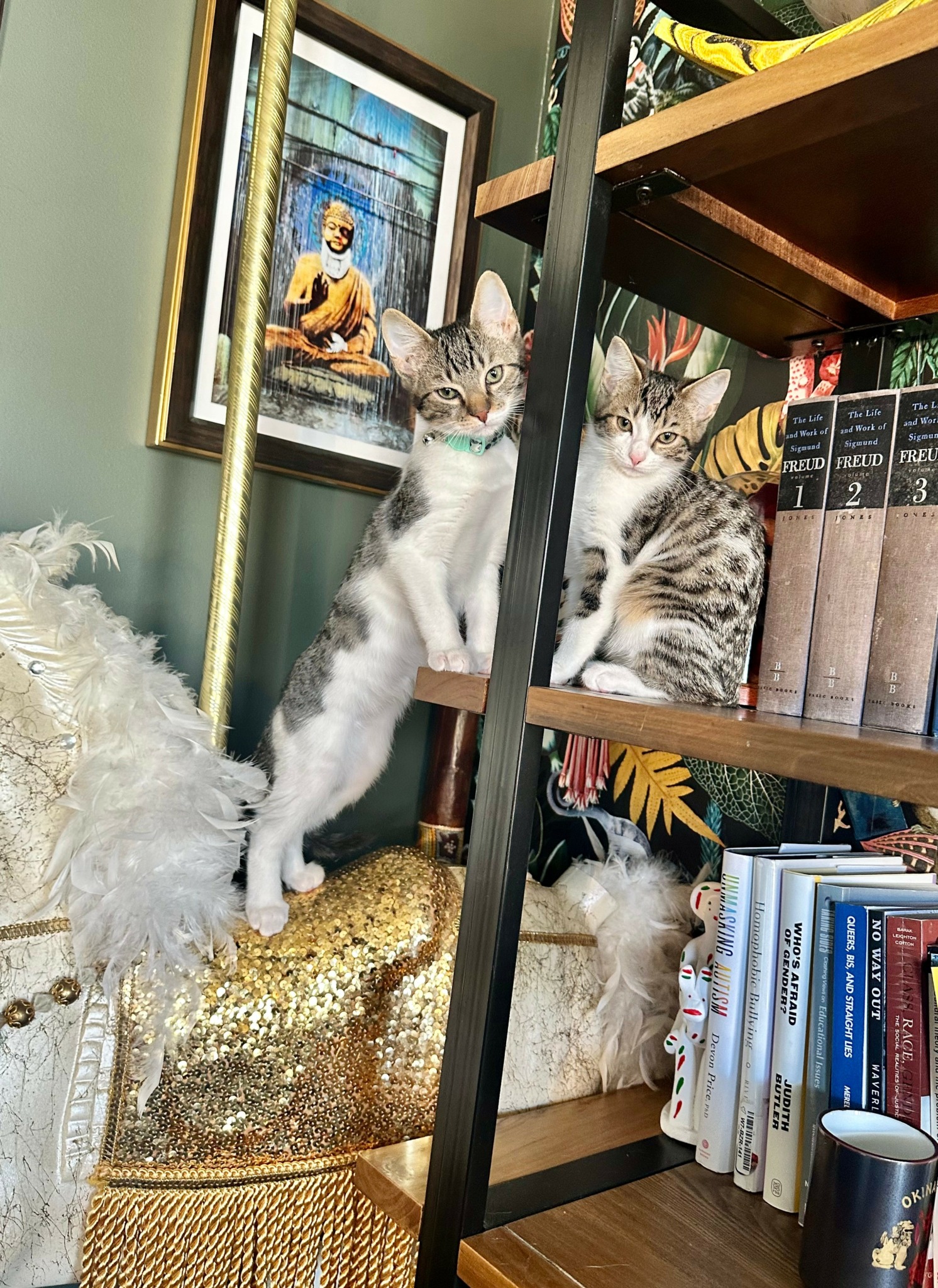
Any advice for managing a team?
This is incredibly important in both animal welfare and volunteer work — and honestly, it’s one of the hardest parts. Animal welfare is emotionally heavy work. People aren’t always kind, and the outcomes aren’t always happy. Neonatal kittens, for example, have an alarmingly low survival rate, and that can take a real emotional toll on our team.
Sometimes our medical team feels stretched thin. Other times, it’s our foster network that’s overwhelmed. But what keeps us grounded is remembering that we’re a team. We show appreciation in small ways — a thank-you text, a shared laugh, or checking in when someone’s had a tough day. We care about each other as people first, not just as volunteers.
We also give space when it’s needed. If someone can only give 60% one day, the rest of us step up and give 140%. And we trust that when our own tanks are low, someone else will do the same for us. It always comes back around.
To me, managing a team and maintaining high morale comes down to relationship building, mutual respect, and compassion. You have to create an environment where people feel valued, trusted, and safe to be human — because in rescue work, that’s the only way any of us can keep doing it for the long haul.
Contact Info:
- Website: https://www.sixkittensrescue.org
- Instagram: @SixKittensRescue
- Facebook: https://www.facebook.com/sixkittensrescue
